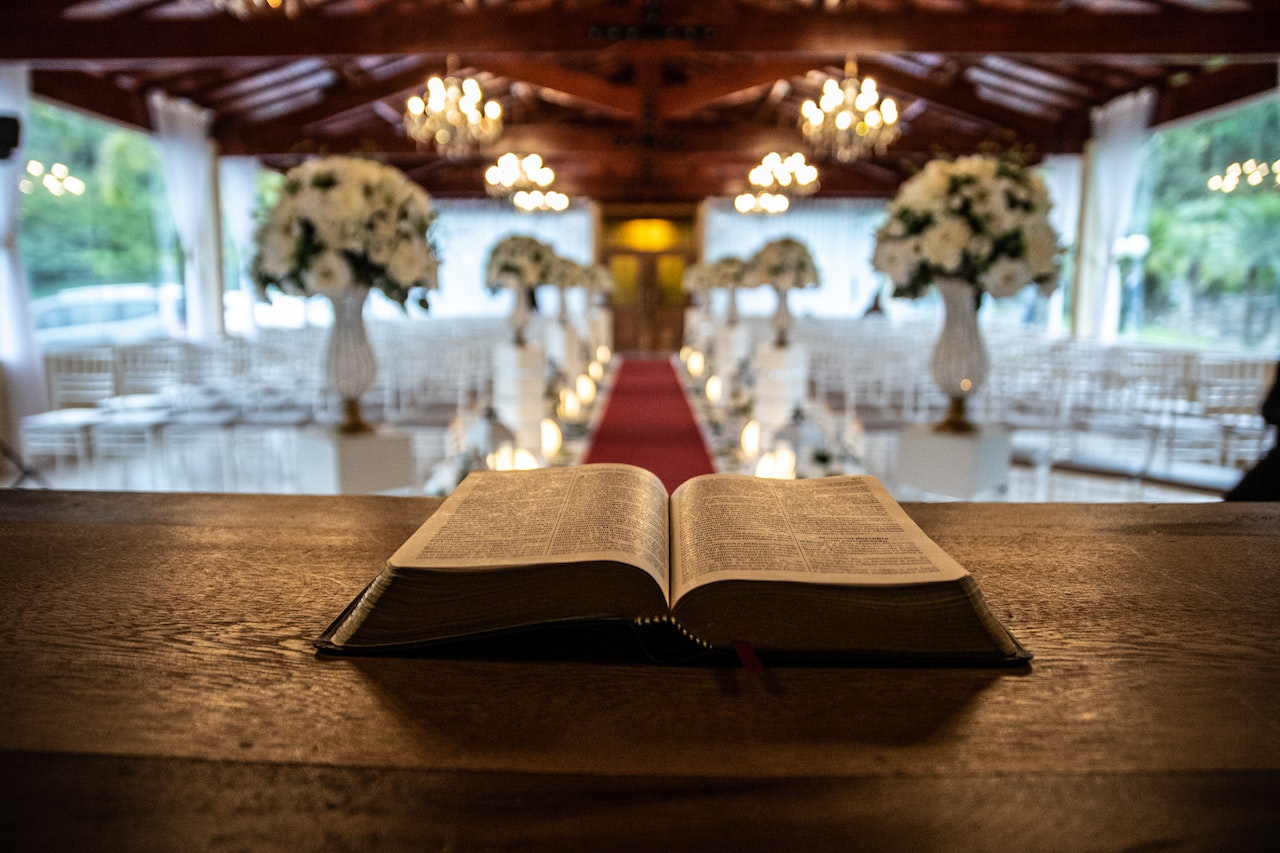When a Catholic baby dies before baptism, it can be a difficult and heartbreaking situation for the family. The Catholic Church has a long-standing tradition of baptizing infants, and the death of a child before baptism can leave parents and family members feeling uncertain about the child’s spiritual fate. In this article, we will explore the Catholic Church’s teachings on the subject and discuss what happens if a Catholic baby dies before baptism.
Table of Contents
The Catholic Church’s Teaching on the Salvation of Unbaptized Babies
When it comes to the salvation of unbaptized babies, the Catholic Church teaches that God’s mercy and love are greater than our human understanding. We believe that God desires all people to be saved and that no one is excluded from his love. Therefore, the Church teaches that unbaptized babies who die can be saved through the grace of God.
The Church does not have a definitive answer as to how this happens, but we do know that God is all-powerful and all-loving. We trust that God will provide a way for these babies to be saved, even if we don’t understand it.
The Church also teaches that parents and family members can help unbaptized babies by praying for them and offering Masses in their memory. This is a way to show our faith in God’s mercy and love, and to ask for his grace to be given to these babies.
Ultimately, we must trust in God’s infinite love and mercy. We can be sure that he will provide a way for all people, including unbaptized babies, to be saved.
Exploring the Catholic Church’s Understanding of Limbo
Have you ever heard of Limbo? It’s a concept that has been around for centuries, and it’s an important part of the Catholic Church’s understanding of the afterlife.
Limbo is a place where the souls of those who have died in a state of original sin, but without personal sin, are believed to go. This includes unbaptized infants, as well as those who lived before the time of Jesus.
The Catholic Church has long held that Limbo is a place of natural happiness, but not of supernatural joy. It is a place of perfect natural happiness, but not of the Beatific Vision. This means that those in Limbo will not experience the fullness of God’s presence, but will still experience a kind of peace and contentment.
The Church has also taught that Limbo is not a place of punishment, but rather a place of natural happiness. This means that those in Limbo will not experience the same kind of suffering that those in Hell do.
The Church’s understanding of Limbo has changed over the centuries. In the past, it was believed that Limbo was a place of eternal separation from God. However, in recent years, the Church has come to believe that Limbo is a place of hope, where those in Limbo can still be united with God in the afterlife.
The Church’s understanding of Limbo is an important part of its teachings on the afterlife. It is a place of hope and peace, and it is a reminder that even those who have died without being baptized can still experience the love of God in the afterlife.
How to Comfort Grieving Parents After the Loss of an Unbaptized Baby
Losing a baby is one of the most difficult experiences a parent can go through. If the baby was not baptized, it can be especially hard for the parents to cope with their grief. Here are some ways to comfort grieving parents after the loss of an unbaptized baby:
1. Acknowledge their loss. Let the parents know that you understand their pain and that you are there to support them.
2. Listen. Allow the parents to talk about their baby and their feelings. Let them know that you are listening and that you care.
3. Offer practical help. Ask the parents if there is anything you can do to help them during this difficult time. Offer to run errands, cook meals, or provide childcare for their other children.
4. Offer spiritual support. If the parents are religious, offer to pray with them or provide spiritual guidance.
5. Give them space. Respect the parents’ need for privacy and time to grieve.
6. Be patient. Grief is a process and it takes time. Let the parents know that you are there for them and that you will be patient with them as they go through this difficult time.
Losing a baby is never easy, but with your support, the grieving parents can find comfort and healing.
Examining the Role of Baptism in the Catholic Faith and Its Implications for Unbaptized Babies
When it comes to the Catholic faith, baptism is an important part of the journey. It is a sacrament that marks the beginning of a person’s spiritual life and is seen as a way to welcome them into the Church. But what happens to those who are not baptized, such as babies who die before they can be baptized?
The Catholic Church teaches that baptism is necessary for salvation, so it is important to consider the implications for unbaptized babies. The Church believes that unbaptized babies are not condemned to Hell, but rather, they are welcomed into Heaven. This is based on the belief that God is merciful and loving, and that He will not deny a baby the chance to be with Him in Heaven.
The Church also believes that baptism is a sign of God’s grace and mercy, and that it is a way for us to show our commitment to Him. Therefore, it is important to remember that even though a baby may not be baptized, they are still loved and accepted by God.
The Church also encourages parents to baptize their children as soon as possible, as it is seen as a way to show their commitment to the faith. Baptism is also seen as a way to welcome a baby into the Church and to give them the opportunity to receive the grace of God.
Ultimately, the Catholic Church believes that baptism is an important part of the faith, and that it is a way to show our commitment to God. However, it also recognizes that unbaptized babies are still loved and accepted by God, and that they will be welcomed into Heaven.
Conclusion
In conclusion, if a Catholic baby dies before baptism, the Church believes that the baby will still be welcomed into Heaven. The Church also believes that the baby will be cleansed of original sin and will be able to enter Heaven without the need for baptism. Ultimately, the Church believes that God’s love and mercy are greater than any human ritual or sacrament.
For licensing reasons, we must provide the following notice: This content was created in part with the help of an AI.


